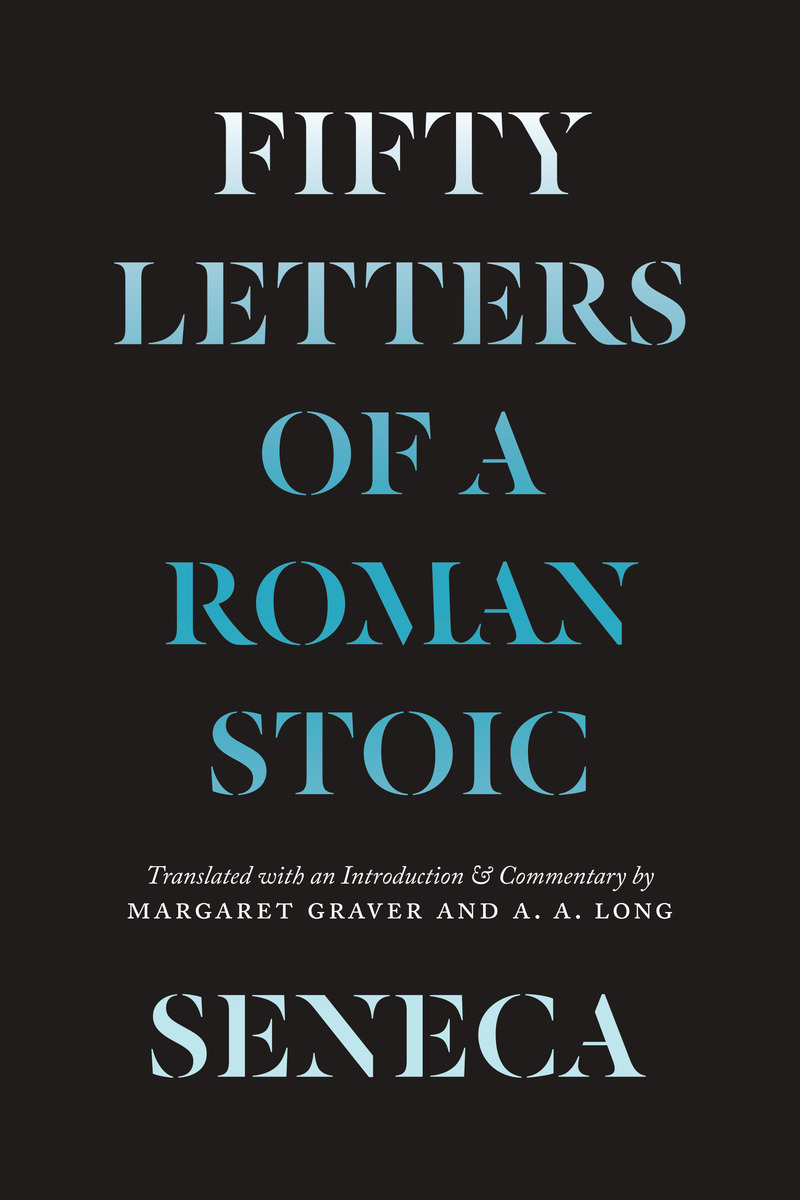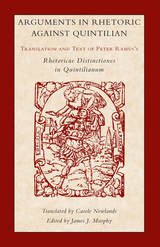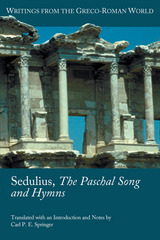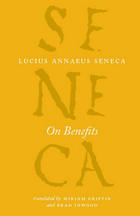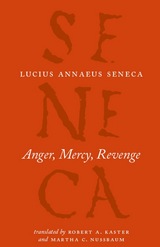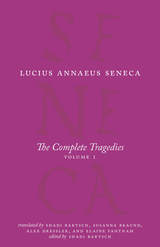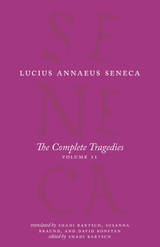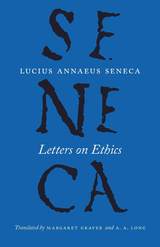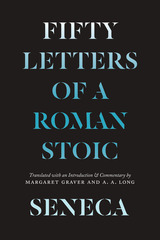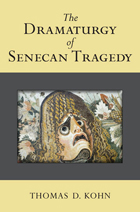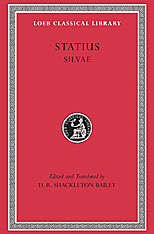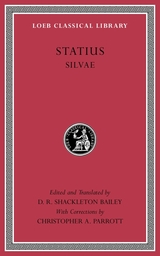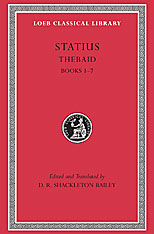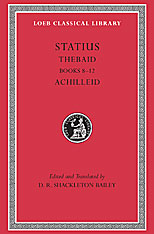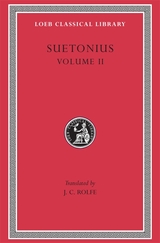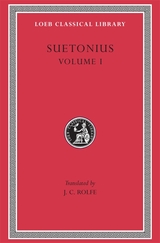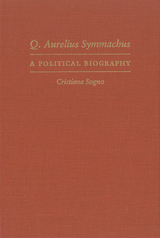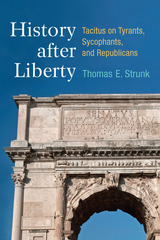Seneca: Fifty Letters of a Roman Stoic
University of Chicago Press, 2021
Cloth: 978-0-226-78276-8 | Paper: 978-0-226-78293-5 | eISBN: 978-0-226-78309-3
Library of Congress Classification PA6665.A1G739213 2021
Dewey Decimal Classification 876.01
Cloth: 978-0-226-78276-8 | Paper: 978-0-226-78293-5 | eISBN: 978-0-226-78309-3
Library of Congress Classification PA6665.A1G739213 2021
Dewey Decimal Classification 876.01
ABOUT THIS BOOK | AUTHOR BIOGRAPHY | REVIEWS | TOC | REQUEST ACCESSIBLE FILE
ABOUT THIS BOOK
A selection of Seneca’s most significant letters that illuminate his philosophical and personal life.
“There is only one course of action that can make you happy. . . . rejoice in what is yours. What is it that is yours? Yourself; the best part of you.”
In the year 62, citing health issues, the Roman philosopher Seneca withdrew from public service and devoted his time to writing. His letters from this period offer a window onto his experience as a landowner, a traveler, and a man coping with the onset of old age. They share his ideas on everything from the treatment of enslaved people to the perils of seafaring, and they provide lucid explanations for many key points of Stoic philosophy.
This selection of fifty letters brings out the essentials of Seneca’s thought, with much that speaks directly to the modern reader. Above all, they explore the inner life of the individual who proceeds through philosophical inquiry from a state of emotional turmoil to true friendship, self-determination, and personal excellence.
“There is only one course of action that can make you happy. . . . rejoice in what is yours. What is it that is yours? Yourself; the best part of you.”
In the year 62, citing health issues, the Roman philosopher Seneca withdrew from public service and devoted his time to writing. His letters from this period offer a window onto his experience as a landowner, a traveler, and a man coping with the onset of old age. They share his ideas on everything from the treatment of enslaved people to the perils of seafaring, and they provide lucid explanations for many key points of Stoic philosophy.
This selection of fifty letters brings out the essentials of Seneca’s thought, with much that speaks directly to the modern reader. Above all, they explore the inner life of the individual who proceeds through philosophical inquiry from a state of emotional turmoil to true friendship, self-determination, and personal excellence.
See other books on: Graver, Margaret | Letters | Long, A. A. | Seneca, Lucius Annaeus | Stoics
See other titles from University of Chicago Press
